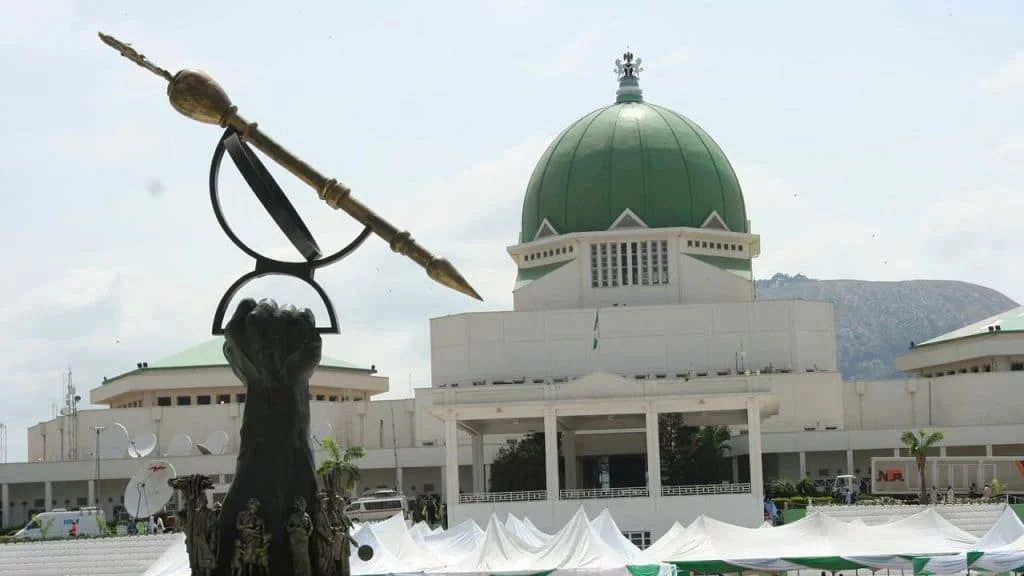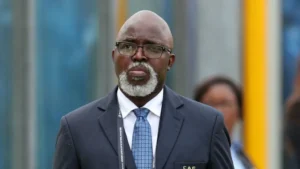The National Assembly’s plan to move Nigeria’s next general elections to November 20, 2026 has stirred heated debate across the country. The draft amendment to the Electoral Act proposes that presidential, governorship, national and state assembly elections be held not later than 185 days before the end of current officeholders’ tenure. Lawmakers argue this adjustment would give enough time to conclude all election court cases before new leaders are sworn in.
However, many Nigerians and political groups are kicking against the idea, saying it will harm governance. According to critics, shifting elections to November means campaigns will begin much earlier — likely in 2025. They fear this will make leaders abandon development projects and focus on politics, worsening hardship for citizens. The African Democratic Congress (ADC) warned that Nigeria could fall into “permanent campaign mode,” leaving little room for real governance.
Supporters of the new timeline believe it will reduce electoral manipulation. They argue that holding presidential and governorship elections on the same day will limit interference from powerful politicians. According to some analysts, when both top offices are contested simultaneously, candidates focus on winning their own seats rather than helping others rig the process. They also pointed to cases in past elections where lesser-known candidates won assembly seats because they were not overshadowed by presidential influence.
The proposal also includes changes to court timelines. Lawmakers want election tribunals to issue judgments within 90 days, and appeals to be decided within 60 days, creating enough time for Supreme Court decisions before inauguration. They also suggested early voting for essential workers like security officers, INEC staff, journalists and observers, who often cannot vote due to election duties.
But opponents maintain that the real solution lies in strengthening INEC and judicial capacity, not shifting election dates. They reference countries like Kenya, Ghana and Indonesia, where electoral disputes are settled quickly without changing election calendars. Critics argue Nigeria needs better institutions — not earlier elections — to ensure fairness and stability. Until consensus is reached, debates around the proposed November 2026 election date will continue to divide opinions on what truly benefits Nigeria’s democracy.







